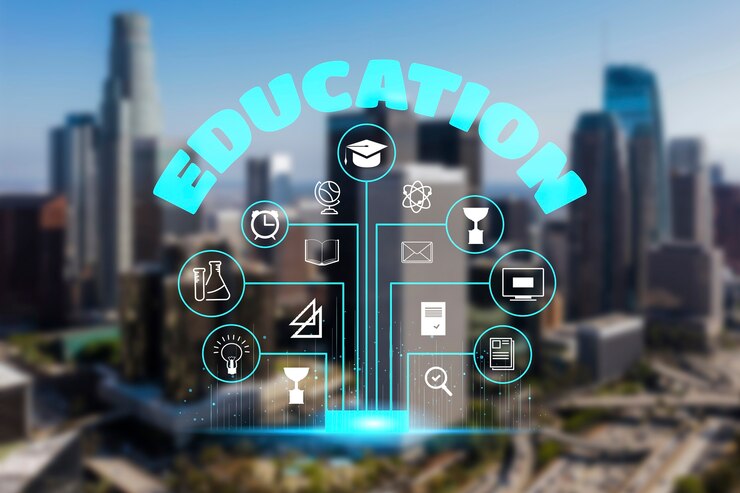The New Education Policy (NEP) 2020 heralds a new era in Indian education, aiming to revolutionize the sector to meet the needs of the 21st century. As schools navigate the transition towards the NEP’s objectives, technology plays a pivotal role in facilitating this transformation. Among the technological solutions at the forefront is the School ERP (Enterprise Resource Planning) System. This article explores the intersection of the NEP 2020 and School ERP Systems, highlighting their importance in shaping the future of education in India.
Understanding the New Education Policy 2020:
The NEP 2020 is a comprehensive framework that seeks to transform the Indian education system at all levels. Its key objectives include promoting universal access to quality education, fostering holistic development, integrating technology, and implementing administrative reforms. These objectives aim to equip students with the skills and knowledge necessary to thrive in the modern world while ensuring inclusivity and equity in education.
The Role of School ERP Systems:
School ERP Systems are software solutions designed to streamline administrative processes and enhance communication and collaboration within educational institutions. These systems integrate various modules such as student information management, attendance tracking, fee management, examination management, and more into a centralized platform. By automating routine tasks and providing real-time access to information, School ERP Systems empower schools to operate more efficiently and effectively.
Alignment with NEP 2020 Objectives:
School ERP Systems align closely with the objectives outlined in the NEP 2020:
- Universal Access to Education: School ERP Systems facilitate the management of student records, admissions, and attendance, ensuring that every child’s educational journey is documented and monitored effectively.
- Holistic Development: By automating administrative tasks, School ERP Systems free up teachers’ time, allowing them to focus on personalized teaching, mentoring, and fostering critical thinking and creativity among students.
- Technology Integration: School ERP Systems leverage technology to streamline communication between stakeholders, providing parents with real-time access to their child’s academic progress and enabling teachers to adopt innovative teaching methods.
- Administrative Reforms: School ERP Systems promote administrative efficiency by digitizing records, automating workflows, and generating comprehensive reports and analytics. This promotes transparency and accountability in education management.
Benefits of School ERP Systems:
The adoption of School ERP Systems offers numerous benefits for educational institutions:
- Streamlined Administrative Processes: School ERP Systems automate routine tasks such as admissions, attendance, and examination management, saving time and resources for school administrators and staff.
- Enhanced Communication and Collaboration: School ERP Systems facilitate seamless communication between teachers, students, parents, and administrators, fostering a more connected and supportive learning community.
- Improved Parental Engagement: School ERP Systems provide parents with real-time access to their child’s academic progress, attendance records, and communication with teachers, enabling them to stay informed and involved in their child’s education.
- Data-Driven Decision Making: School ERP Systems generate comprehensive reports and analytics on various aspects of school operations, empowering administrators to make informed decisions to improve efficiency and student outcomes.
Challenges and Considerations:
While School ERP Systems offer numerous benefits, their successful implementation requires careful planning, training, and ongoing support. Schools must ensure that all stakeholders are adequately trained to use the software effectively and that proper data security measures are in place to protect sensitive information.
Conclusion:
In conclusion, School ERP Systems play a crucial role in realizing the objectives outlined in the New Education Policy 2020. By leveraging technology to streamline administrative processes, enhance communication and collaboration, and promote transparency and accountability in education management, School ERP Systems empower schools to provide quality education and holistic development opportunities to every child. As schools embrace the principles of the NEP 2020 and harness the potential of School ERP Systems, they pave the way for a brighter future for education in India.
















